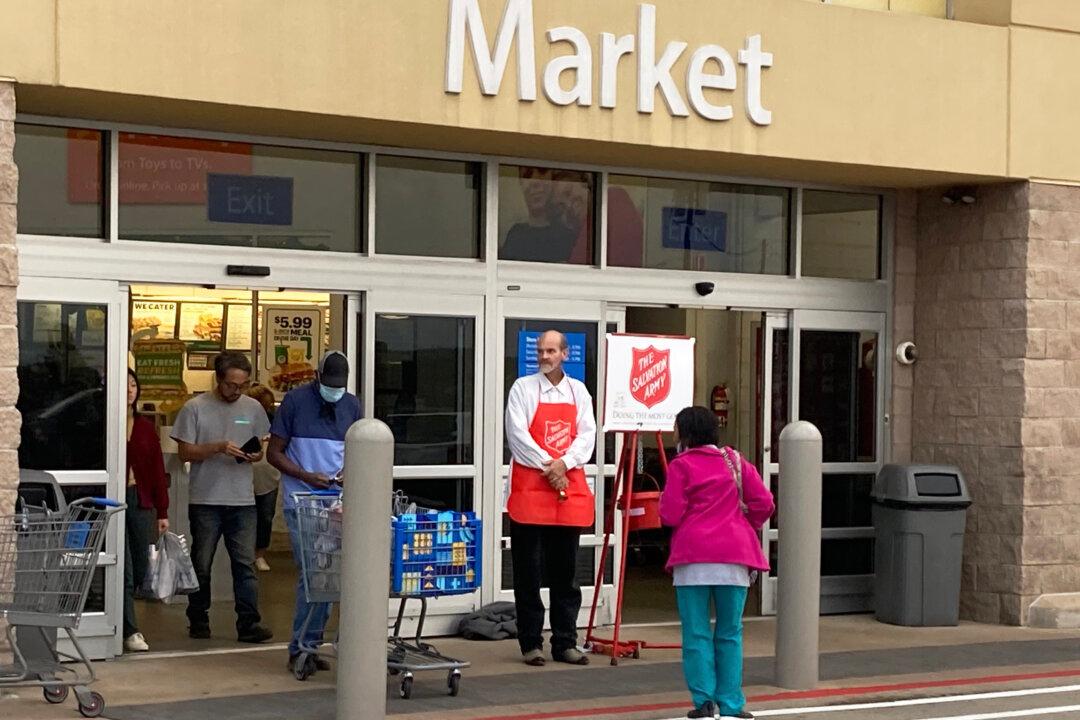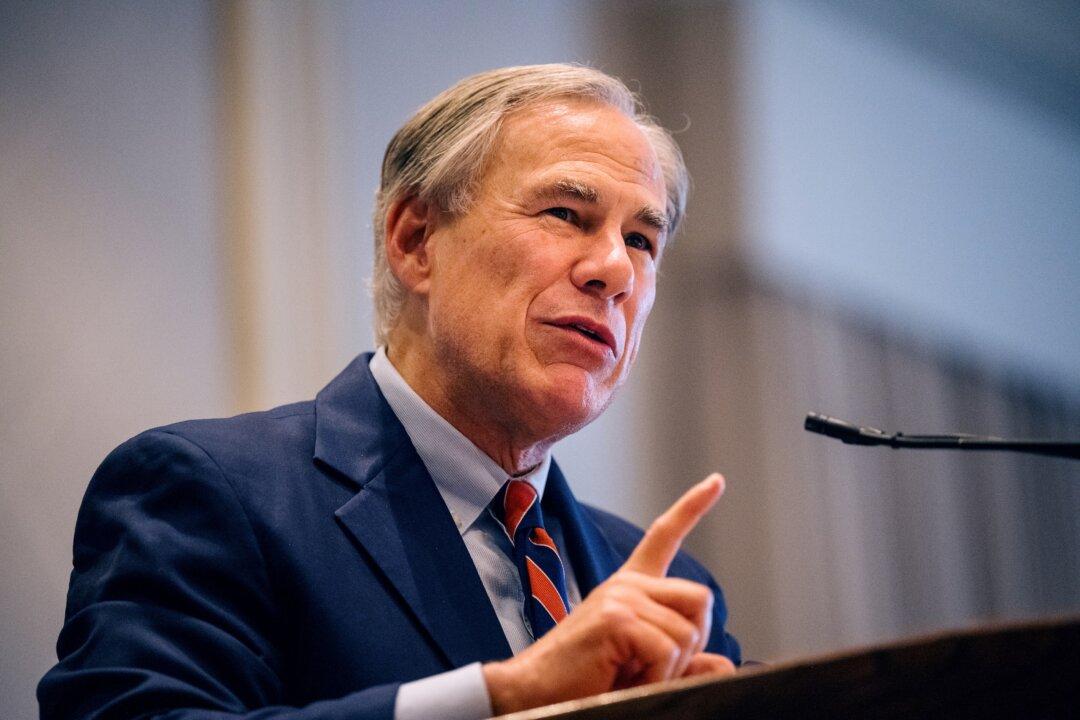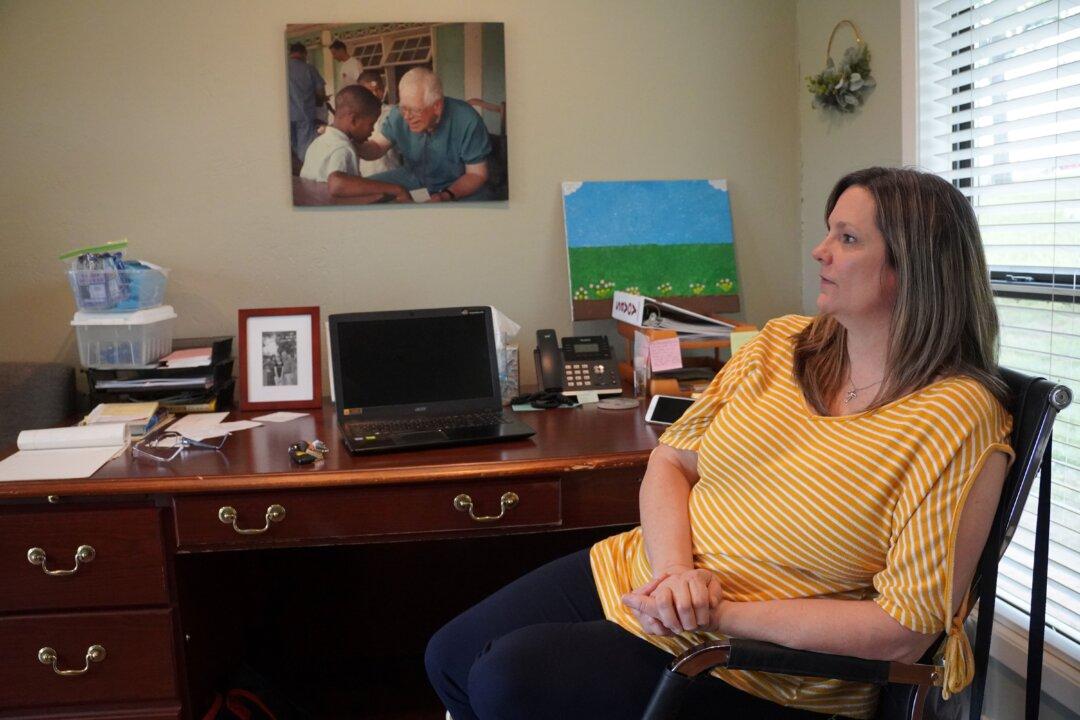The Salvation Army’s bells are ringing throughout America once again this year with volunteers blanketing virtually every zip code.
For more than 120 years the Red Kettle drive, as it is called, has been a familiar, iconic sight, ranging from the streets of New York to the far-less traveled byways of remote America.





